It's April 16th, 1977, the host is Elliott Gould and the Musical Guests are Kate & Anna McGarrigle

Here's some stuff that happened in the past
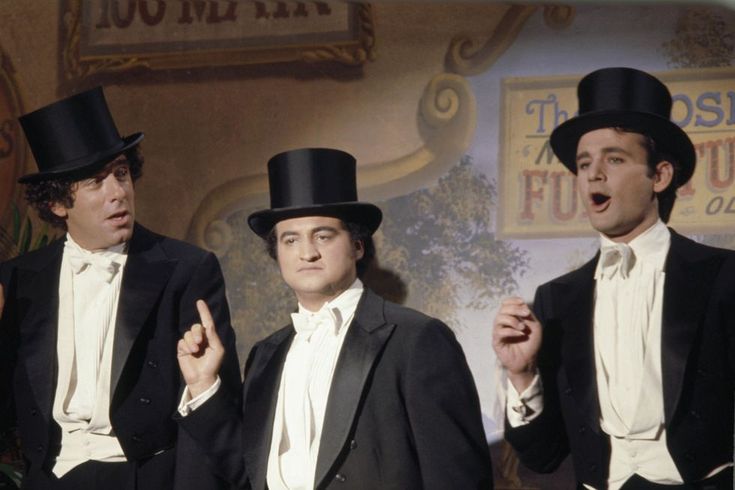
The third time Elliott Gould hosted Saturday Night Live the show ran a minute or so short. This forced Gould and the Not Ready for Prime Time Players to improvise for seventy-five seconds.
This filled the fearless young cast and host with fear. They were terrified. How could they be asked to ad-lib for such an impossibly vast amount of time? It was sadistic, is what it was. It was inhuman, impossible, and quite possibly a cruel and unusual punishment banned by both the Constitution and the Geneva Convention.
So Gould and the cast did what they always do in such instances: They sputtered, they flailed, they tried to think of something and failed.
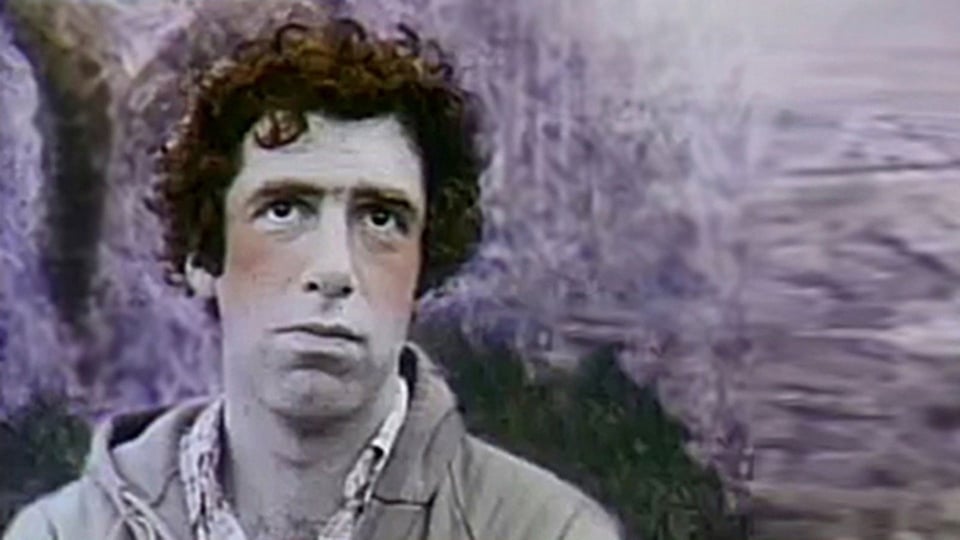
The show actually fared better than usual. Dan Aykroyd put in a request for a specific type of part for his 1971 police issue Harley-Davidson motorcycle. Knowing the Nothing But Trouble auteur’s beautiful autistic brain, that probably wasn’t a bit but rather a sincere, albeit unconventional, way to find parts for his vintage chopper.
Then Belushi puts in a good word for his hometown pigskin heroes Gale Sayers and Dick Butkus and thanks Johnny Carson, Ed McMahon, and Doc Severson for all that they do.
Belushi, ever the irreverent young punk, says of The Tonight Show, “We don’t watch your show, but we respect it very much.”
Saturday Night Live had a sibling rivalry with NBC’s other deathless late-night institution. It owed its existence to Carson, who did not want reruns of The Tonight Show to run on weekends so they’d be fresher when he re-ran them during the week.
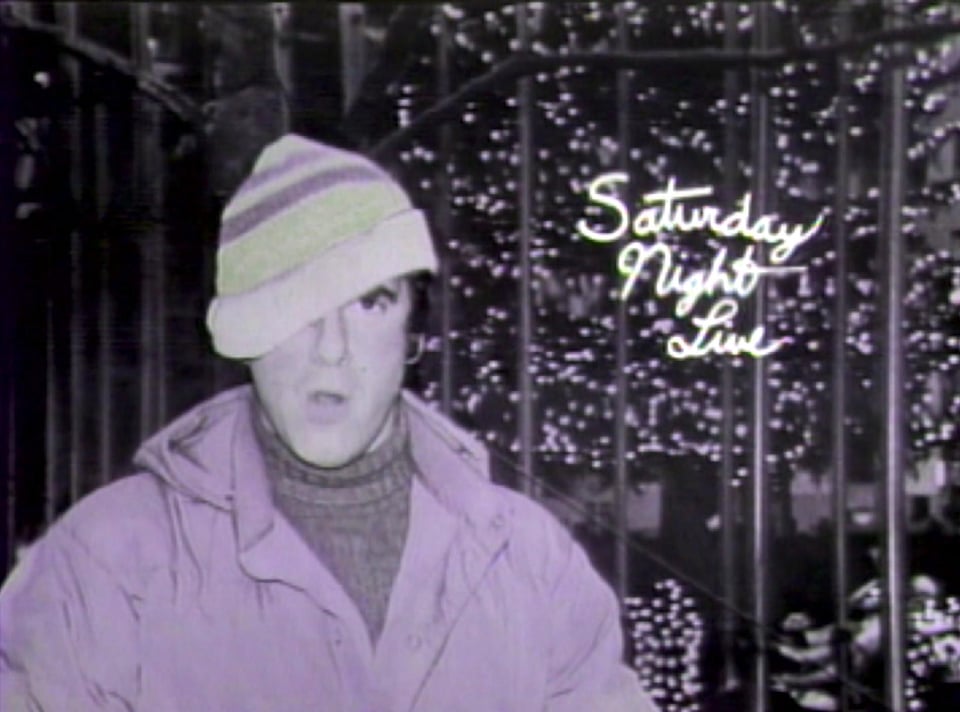
There was an unmistakable culture clash as well. Saturday Night Live was seen as counter-cultural and The Tonight Show as mainstream. Lorne Michaels’ show appealed to a younger, hipper audience that, in stark contrast to Belushi’s words, watched the smiling, handsome face of late-night television but did not necessarily respect him.
The awkward, uncomfortable conversational free-for-all ends with Belushi hailing Gould as the best host ever.
It’s a nice thing to say that also has the advantage of eating up precious time. It's not true, of course, but there is an element of truth to it.
Gould was a very good host if not a great host. He was a real pro with a background in live performance from his time on Broadway. He was also a funny, hip, charismatic, and handsome performer who always put the needs of the show above his own ego.
With Gould, it was all about serving the show. He chose the sketches that were the funniest rather than the ones that gave him the most to do.
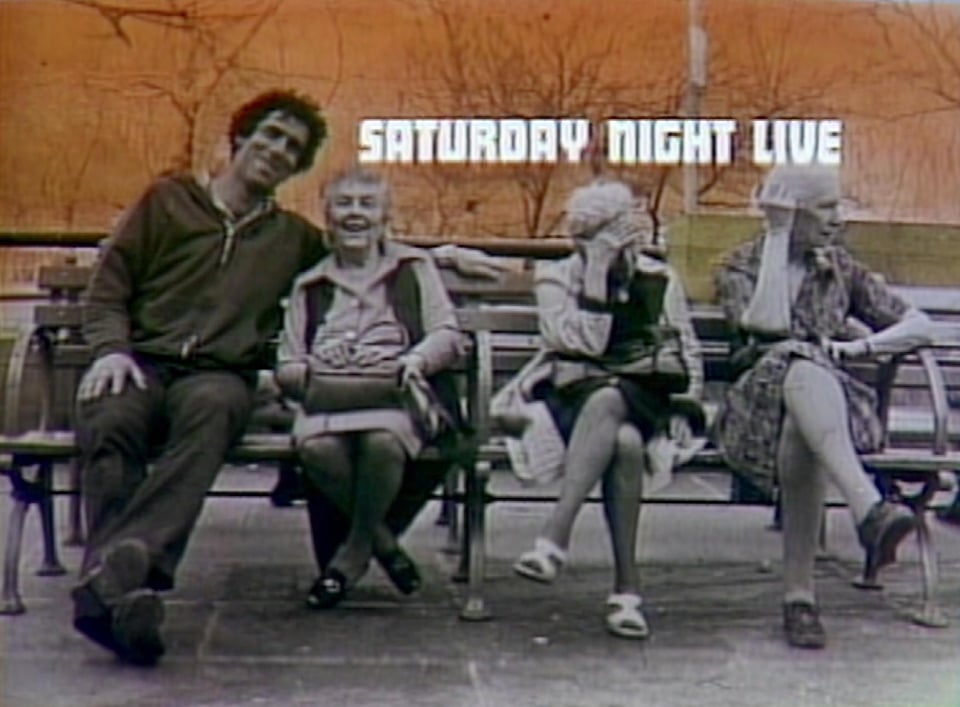
Gould was a rock-solid host, and the April 16th, 1977 episode of Saturday Night Live episode was rock-solid as well.
The episode is perhaps best known for introducing Nick the Lounge Singer, Bill Murray’s breakout character. Nick plays to Murray’s genius for smarmy show-business phonies who have internalized the raging insincerity of the entertainment world.
He’s a lounge singer at a go-nowhere dive bar, where the patrons politely ignore him and his low-key desperate appeals to join in on the non-existent fun. Murray had previously played a variation on this classic type in a sketch that had him putting on a full-on production in the shower, but bringing him out into the outside world makes a big difference.
The sketch is funny in a relatively subtle, observational fashion, but it's also melancholy and bittersweet in that Nick is an unmistakable failure, and everything that he says and does highlights and underlines just how sad and small his act and life are.
Nick isn't the only recurring character fruitfully recycled here. We're treated to another installment of "The Coneheads at Home,” with Gould playing a phone installer working on the Conehead’s request for thirty-five new phone lines.
What was funny before proves funny again here. There’s something about the juxtaposition of Dan Aykryod and Jane Curtin’s aggrieved monotone—the sense that they’re angry they even have to put on the flimsy charade that they’re Europeans and not super-advanced space travelers—and the ridiculousness of earth customs that is inherently funny.
Saturday Night Live brought them back again and again for a very good reason: the sketches worked. They were sure things in a scary live environment seemingly devoid of sure things.
Aykroyd resurrects another of his recurring characters in Jason, the mellow hippie with the surfer inflection who runs a restaurant with his girlfriend and fellow space cadet Sunshine (Laraine Newman) that only serves animals that have died of natural causes.
They’re only interested in animals that have died by accident, but being bootleg Buddhists, they also believe that there are no accidents.
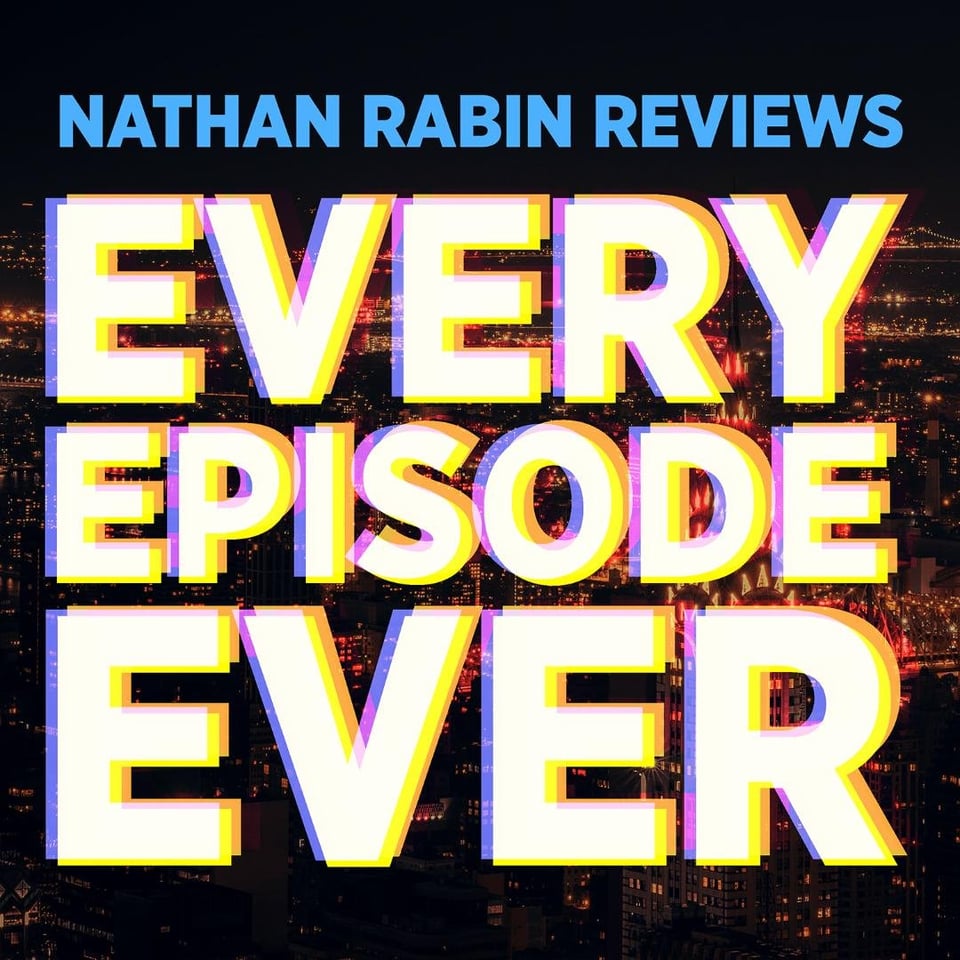
The musical guests are Kate & Anna McGarrigle. They’re the kind of obscure cult acts that would soon have no place on a show like Saturday Night Live, but their sparkling brand of folk-rock was thankfully common during the show’s first few years.
By this point, Saturday Night Live was deep into its second season. The young, ambitious, and energetic (on account of all the cocaine!) cast and crew must have been looking forward to the big summer break like bored schoolkids, but the show was still firing on all cylinders, particularly with an ace like Gould hosting for the third time.
Grade: A-
Best Sketch: Nick “Summers”
Worst Sketch: You’ve Come a Long Way, Buddy
You just read issue #57 of Every Episode Ever. You can also browse the full archives of this newsletter.
-
Welcome back! It's great to see these articles again, especially now that we're into the real meat of the original cast golden years. A year after this point, it would start to decline and not approach this level again until the arrival of Dana Carvey and Phil Hartman.
-
It is kind of crazy to think about how SNL would just feature whatever musical act struck their fancy. I admit that when I was growing up watching these shows, I often didn't care for the left-field music choices, but then again I was never there for the music anyway -- not even when they had a big act like Paul Simon.
But yeah, for a while there SNL was like Ed Sullivan, just throwing on random musical acts because they felt like it.
-
It's funny that while still respected in the industry, Elliott Gould was such an A-list star back in the 70s. It didn't really continue on after that. I can't recall the last time he had a lead role after the 80s series E/R (which isn't the same as the 90s series ER, yet somehow George Clooney starred in both). He seemed to slip into character roles from there out. Now most people might only remember him from secondary roles in the Oceans 8, 11, 12, and 13 movies, or as Ross and Monica's dad on Friends, but little else.
Add a comment: